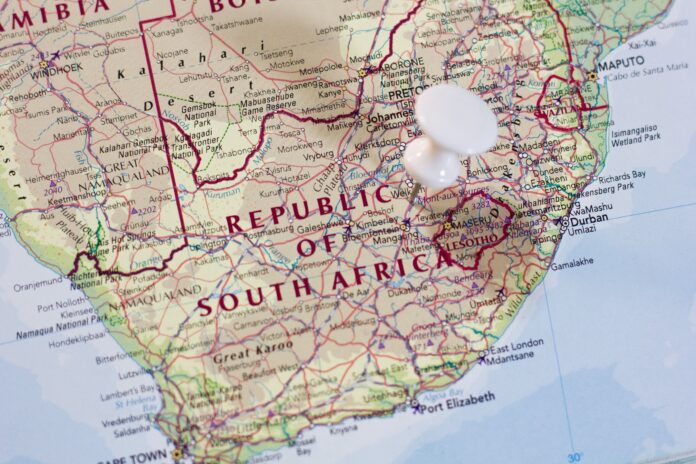60 days in, new boss Jorges Mendes has yet to reveal a turnaround plan for the struggling operator turned MVNO
In his first press conference as Cell C’s CEO, Jorges Mendes has called on South Africa’s telecoms regulator, ICASA, to continue favourable wholesale rates for smaller competitors.
Cell C abandoned plans to build its own RAN and Mendes says it needs ICASA’s “asymmetry” in wholesale mobile call termination rates (MTR) for at least the next five years.
In July, Analytico published its findings that the fastest 4G networks in the country are, in descending order, MTN, Vodacom, Telkom, Cell C then Rain, although Cell C runs on Vodacom’s and MTN’s networks.
Historical influences
Mendes, who was appointed CEO in June and started in the role on 1 July, replacing Douglas Craigie Stevenson, who left in March. Previously Mendes spent 28 years at Vodacom in various roles, most recently as Chief Consumer Officer.
He acknowledged the operator had made mistakes – it was much criticised for failing to invest in 3G when its rivals were. It was led by Jeffrey Hedberg at the time, who quit as CEO of struggling Wind Tre in 2022.
But Mendes pointed out that MTN abruptly raising its MRT to R1.25 a minute, up from R0.2, as Cell C launched (back in 2001) “made it impossible for to compete as a new entrant”. At the time of Cell C’s launch, MTN and Vodacom were already well established and the state-backed Telkom entered the mobile fray in 2010.
Profitable by when?
Mendes said the company expects to become profitable within 18 to 24 months, delivered by a healthy workforce, and strong partnerships and stakeholder relations, which are key to the organisation’s “customer-centric” strategy.
He was asked during the press briefing whether the increase in termination rates also helped Cell C. “Emphatically not,” he replied, as Cell C is a net payer of MTRs to its larger rivals, not a receiver.
Over the last 10 years, ICASA has reduced MTRs for smaller competitors down to R0.9 a minute, but wants to phase out this approach except for a few new players. MTN group’s CEO, Ralf Mupita, recently made it clear he thinks consolidation is the way forward for the South African market, which he says cannot sustain the current number of competing players.
Mendes argument for ICASA to continue its MTR policy is, “We are still at a significant disadvantage in market share, customers, and so on”.
His column several days ago in the South Africa’s Sunday Times [subscription needed], was described by some as “disappointing” by local media outlet Mybroadband, as Mendes’ turnaround plan for the operator is to continue where his predecessor left off.
Mybroadband went so far as to describe his comments on 5G as “curious” with “little substantiation or elaboration” when he said 5G “unlocks nothing for consumers” – compared with 3G which unlocked data and 4G which enabled streaming video.
CFO already bailed out
Earlier this month, Lerato Pule, Cell C’s CFO quit, less than a year into the job to take up another opportunity, according to the operator. Previously she was CFO for Telkom’s SME business unit.
Pule helped Cell C recapitalise last September, for leading audits of financial years from 2018 to 2020. The recapitalisation was led by the operator’s largest shareholder, Blue Label Telecoms, which acquired a 45% stake in the mobile operator for R5.5 billion in August 2017.
The lenders accepted 20ç per R1.0 of debt, valuing the operator at R3.1 billion, wiping about R16 billion off the value of Blue Label.
Speaking at Blue Label’s results, CEO Brett Levy confirmed the company’s plans to take control of Cell C.
“It is a process to apply to the Competition Commission, and we have been working on that,” Levy said in response to questions at a media conference to announce the group’s annual results for the period ended 31 July 2023,” he said.
“We will apply to the Competition Commission this year, but the process can take six months or even two years. We’ll keep the market updated on the process, but it is definitely our intention [to take control],” he added.


